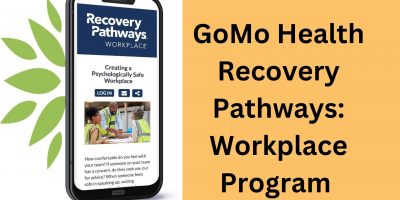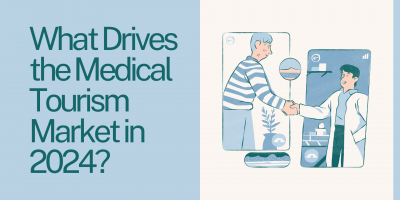
How to Reduce Healthcare Costs for Employers?
In times of high economic uncertainty and an increasing cost of living, employers should ensure the well-being of their workers without hurting the business’s prosperity. The question is – how can they do this?





